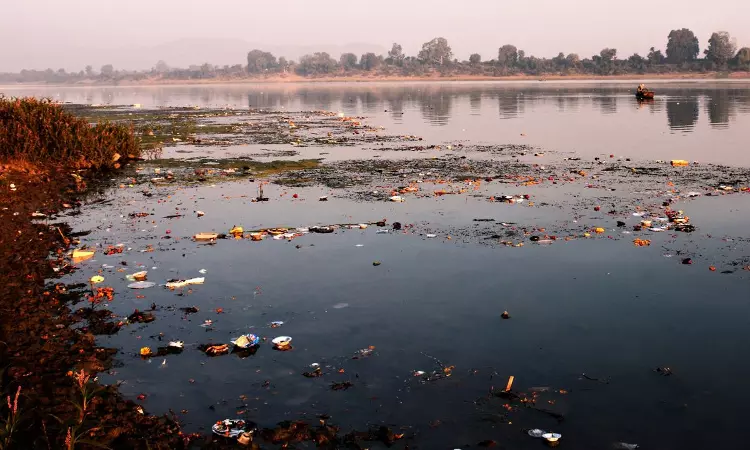‘Narmada Being Pious River Must Be Protected’, NGT Issues Slew Of Directions To Check Pollution
Aiman J. Chishti
13 Oct 2023 6:57 PM IST

Next Story
13 Oct 2023 6:57 PM IST
The central zone bench of National Green Tribunal (NGT) has issued a slew of directions to control pollution in the Narmada, other rivers and river stretches.“Violation of environmental norms needs to be taken as seriously as preventing crimes of homicide and assaults. It is more serious as the victim may be wide spread and unidentified. The consequences may even affect the future...
